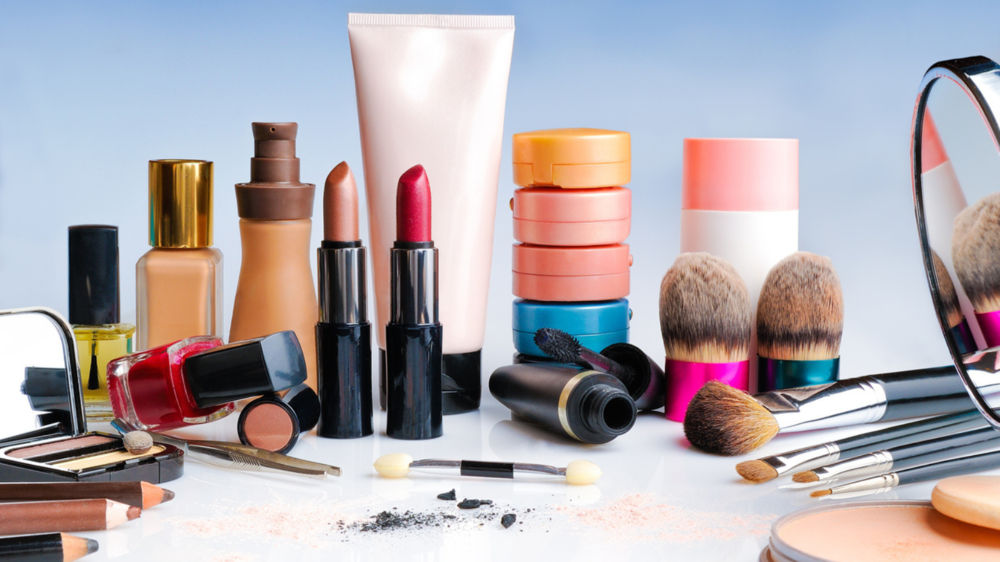
Can Fragrances Influence Fertility?
Fragrances, found in perfumes, deodorants, and everyday products, often contain chemicals known as endocrine-disrupting chemicals (EDCs). These substances can mimic or interfere with natural hormones and may affect reproductive health.
How Do Fragrance Chemicals Affect Reproductive Health?
- Some fragrance chemicals mimic estrogen, disrupting the menstrual cycle.
- Phthalates, often used in fragrances, are linked to reduced egg quality and sperm health.
- Long-term exposure has been associated with higher risks of infertility and pregnancy complications.
Safer Alternatives & Habits
- Choose fragrance-free or natural essential oil–based products.
- Read product labels to avoid phthalates and parabens.
- Limit daily exposure to synthetic perfumes, especially if trying to conceive.
Switching to fragrance-free or natural alternatives is a small lifestyle change that may support fertility and overall well-being.
FAQs
Occasional use is unlikely to cause harm, but daily prolonged exposure may increase risks over time.
Most are safe when used moderately, but some oils (like clary sage) should be avoided during pregnancy unless advised by a doctor.
It’s wise to reduce synthetic fragrance exposure, especially when actively trying to conceive, for better reproductive health.
"Your fragrance choices today can influence your fertility tomorrow—choose wisely."
— Dr. Pooja Thukral



